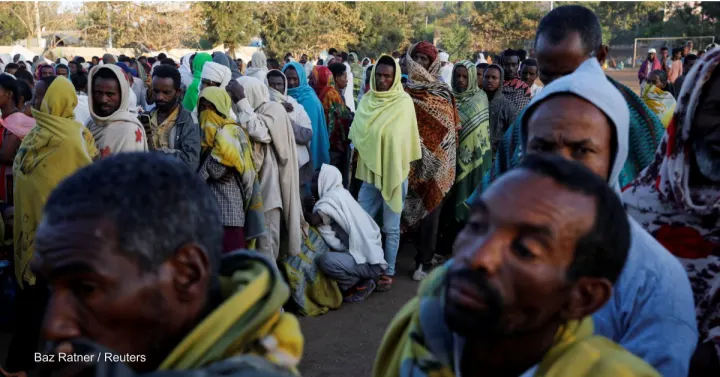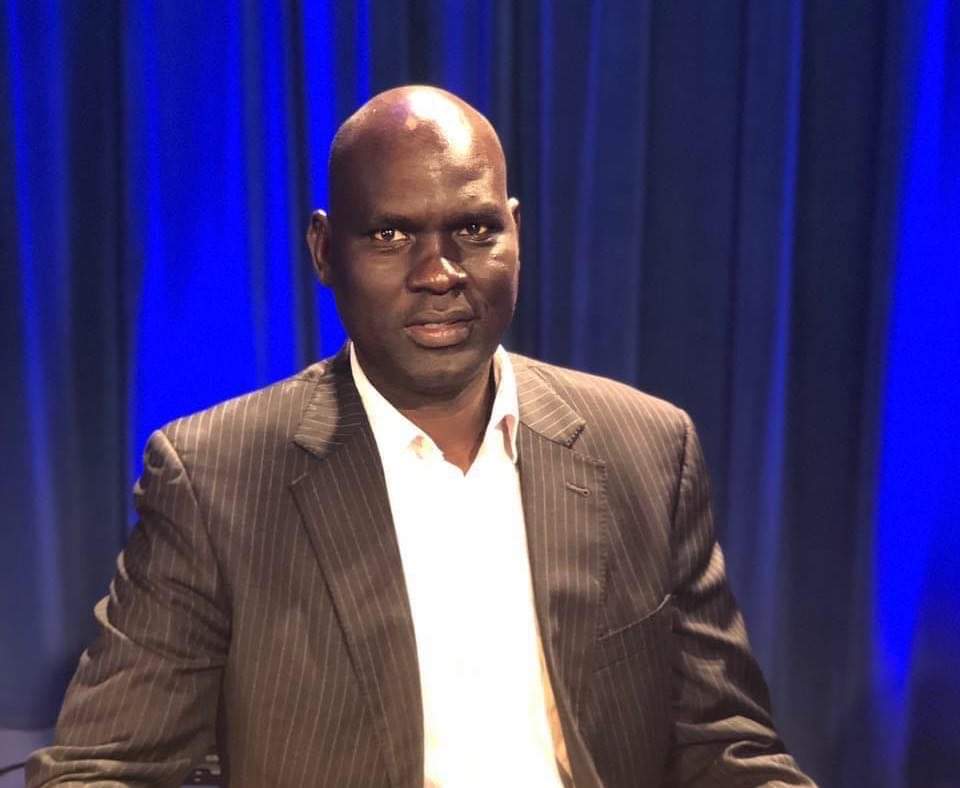By Aaron Maasho & Martin Witteveen
Ethiopia’s two-year civil war has devastated Tigray and its neighbours. Atrocities that amount to war crimes and crimes against humanity include intentional starvation, widespread extrajudicial killings, sexual slavery, rape, torture and mass arbitrary detentions. In western Tigray, Amhara forces committed ethnic cleansing. Rights groups say it continues to this day.
The international community has pushed for investigations. The United Nations Human Rights Council (UNHRC) initiated the International Commission of Human Rights Experts on Ethiopia (ICHREE) – after a joint undertaking between the state-formed Ethiopian Human Rights Commission (EHRC) and the UN Office for the High Commissioner for Human Rights failed in its findings to reflect the horrors of the war.
International partners have not learned from that investigation’s shortcomings. Ahead of any serious probe, let alone tangible steps to ensure accountability, everything points at Ethiopian intransigence and international indifference – a flagrant display of double standards when compared with action taken in Ukraine.
The joint investigation, while rightly establishing the commission of war crimes by all parties, was an inadequate exercise that did not meet international standards. The conflict’s worst atrocities, some uncovered by open-source investigations, went uninvestigated.
Addis Ababa has pulled out all the stops to curtail the work of the ICHREE. It was established halfway into the war, but the government refused to grant investigators access into Tigray. Its subterfuge does not end there. Citing sovereignty, it mounted a diplomatic campaign at the UNHRC to prematurely terminate the commission’s mandate. Those efforts have tragically proved successful.
This leaves accountability – and the prospect of preventing impunity – in the hands of an Ethiopian government that, all signs indicate, intends to evade rather than ensure. That’s no surprise: the vast majority of crimes were committed by members of its own army as well as its allies. Tigray People’s Liberation Front (TPLF) fighters also committed war crimes.
Still, the Ethiopian government insists it is pursuing accountability. In 2021, its attorney general announced that 53 members of the Ethiopian army had been charged with civilian killings and rape. They remain anonymous, however, and the assertions are yet to be verified.
Under the Pretoria peace agreement signed with the TPLF, Ethiopia pledged to implement a “comprehensive national transitional justice policy aimed at accountability, ascertaining the truth, redress for victims, reconciliation and healing”. That process, too, lacks transparency
Revelations of the Ethiopian government’s real intentions may have come by way of its own officials. During a recent Q&A session on social media, the army’s General Bacha Debele presented peace and accountability as mutually exclusive. “Implementation of the Pretoria agreement and for both sides to maintain the peace is the priority,” he said.
“Regarding talk of bringing to account perpetrators of crimes – you cannot link the two things. We have suffered huge loss of life. What has to be done now is prevent a recurrence by maintaining the peace. That is the government’s focus.”
Initially, the international community confronted Ethiopia, demanding action. In March, the US secretary of state, Antony Blinken, was in Addis Ababa, urging the government to ensure credibility in its transitional justice process, echoing the EU high representative for foreign affairs, Josep Borrell, who linked the resumption of the full gamut of EU development support with “concrete progress” towards accountability for war crimes.
But pressure has since waned. The US is set to hand Ethiopia’s ailing economy a lifeline. The EU needs Ethiopia in its fight against migration, while African governments are always positioned in favour of incumbent regimes.
In a world consumed by the conflict in Ukraine and caught in a superpower tug-of-war, accountability for atrocities in Tigray remains a distant prospect. Strategic considerations are reflected in attempts to strengthen ties with the government rather than reproach it.
But restoring full backing to Ethiopia without concrete steps to end impunity will further destabilise an increasingly fragile country. Tigrayans continue to be subjected to human rights violations while conflict simmers in Amhara and Oromia, with the potential to engulf the country in violence.
Exemption from punishment will only embolden perpetrators. Ethiopian government officials, in the meantime, are implicated in what US officials say may amount to the “biggest theft of food aid on record” while hundreds died of hunger. The double standard in the application of international criminal justice will have a devastating impact on the prevention of future conflicts.
The Ethiopian government flouted all manner of international humanitarian law, collectively punishing Tigray’s 6 million people. Full normalisation by the US and other partners should be contingent on consent for independent investigations and transparent steps towards ending impunity.
Victims of the war deserve nothing less.
- Aaron Maasho worked as the EHRC’s director of communications from July 2020 to November 2021
- Martin Witteveen, an international criminal law expert, served at EHRC until February 2022 on developing a rapid response strategy for emergency human rights situations
(Source: The Guardian)


